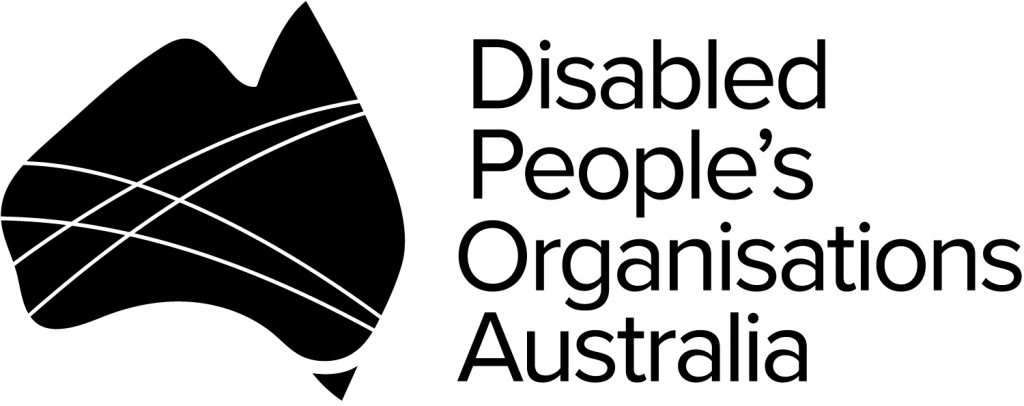
![]()
Since 2015, DPO Australia and Inclusion Australia have represented the collective voice of people with disability within the Department of Social Services’ (DSS) Disability Employment Service (DES) reform process. Disappointingly, we are now unable to support fundamental features of the DES reforms that come into effect on 1 July 2018. Key aspects of these reforms fail to respond to the known needs of people with disability and are unlikely to increase their chances of finding or keeping a job.
Read our joint Position Paper below, or download as a Word document:
Background
Disability Employment Services (DES) is the key national program designed to help people with disability find or keep a job and plays an important role in improving the social and economic participation of people with disability. Some people with disability choose to enter DES, however most DES participants are required to be in the program (mutual obligation) to receive Centrelink social security entitlements.
Evidence shows that the DES program, which costs $800 million dollars a year, has repeatedly been unable to deliver a level of employment outcomes that people with disability need and have a right to expect.
A little more than 1 out of 10 people entering the DES program get a job, and stay in that job, for at least twelve months. Forcing people with disability to engage with DES to receive social security entitlements when it is known that they have a high chance of experiencing failure (or other poor outcomes) is unfair.
In 2016 the Commonwealth Government released their discussion paper announcing they were undertaking reforms to the DES program: creating competition by opening the DES market, and by providing greater choice and control to participants within the program.
Our support for these reforms were contingent on a substantial investment by the Commonwealth for people with disability to get the information and support they need to make an informed choice within the new DES marketplace.
Disappointingly, we are now unable to support fundamental features of the DES reforms that come into effect on 1 July 2018. Key aspects of these reforms fail to respond to the known needs of people with disability and are unlikely to increase their chances of finding or keeping a job.
Barriers to Informed Choice:
A cornerstone of reforms to DES is that participants will drive better quality support and outcomes by ‘voting with their feet’ when choosing a provider, and by changing providers if they become unhappy.
We are of the strong opinion that proposed information and support to help participants make an informed choice is inadequate and is therefore unlikely to drive better employment outcomes across the provider market.
As of 1 July, participants will have no access to past provider performance data to help inform their decision and therefore will solely rely on non-performance related factors such as marketing material, word of mouth, or provider building location as main drivers for their decision.
The new DES system encourages participants to choose a provider based on factors other than the providers past ability to deliver good employment outcomes for people with disability.
Additionally, as of 1 July, the Centrelink referral process will see people with disability being required to choose a DES provider without the appropriate information, time, consideration or access to independent supports to do so.
We believe the lack of support to make an informed choice works directly against the interests of improving the outcomes of the DES program.
It is disappointing that the Commonwealth Government is building a DES program where people with disability have to experience failure in order to then ‘vote with their feet’ and move on to another provider.
Without access to past provider performance data, or the appropriate time and support to make an informed choice, participants are more likely to make an uniformed choice: choosing a provider without knowing if that provider has a history of obtaining meaningful and sustainable jobs for people with disability.
If DES reforms purport to rely on informed choice as being the main driver for better employment outcomes, then the Australian Government has a duty of care to build structures and processes which encourage and allow for genuine informed choice to occur.

